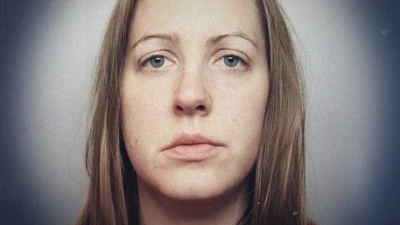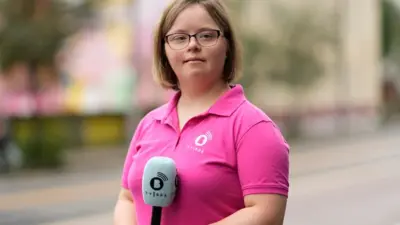We've updated our Privacy and Cookies Policy
We've made some important changes to our Privacy and Cookies Policy and we want you to know what this means for you and your data.
Bendy bus makes final journey for Transport for London
The last of London's bendy buses was taken off the roads on Friday night.
The vehicles were used on 12 routes over the past decade but Mayor Boris Johnson called them "cumbersome machines" which were too big for narrow streets and encouraged fare-dodgers.
He has ordered nearly 500 new buses to replace them and promised more vehicles on the routes during the rush hour.
But campaigners said they were "the most accessible bus in London" and would be missed by wheelchair users.
The final route to be operated with bendy buses has been the 207 between Hayes and White City, and the last of the long vehicles was to run late on Friday.
Transport for London (TfL) predicted it would increase its takings by Β£7.4m because fare-evasion would now become harder.
The "hop-on, hop-off" style of the bendy buses, with few checks on tickets, had encouraged thousands of people to avoid paying.
'Frequently stranded'
But Transport for All, which speaks for older and disabled transport users, said TfL was "nuts" to scrap the vehicles, especially as their new Routemaster-style replacements had only "a tiny wheelchair space".
"On every other bus in London, wheelchair users are frequently left stranded at the bus stop when pushchair users refuse to fold their buggy and give up the wheelchair bay," said spokeswoman Lianna Etkind.
"Many wheelchair users simply won't travel at the time of the school run, because conflict with pushchair users who won't move is so common."
The Liberal Democrats said while 120 passengers could board a bendy bus, a double-decker could hold only 85.
"As the replacement buses to the bendy buses are often just maintaining the same frequency, the reality is significant less capacity on numerous bus routes across London," said London Assembly member Caroline Pidgeon.
And Labour member Val Shawcross said "a considerable amount of TfL's time, effort and money had been spent replacing these buses, which covered just 12 out of 700 bus routes in London".
Top Stories
More to explore
Most read
Content is not available








